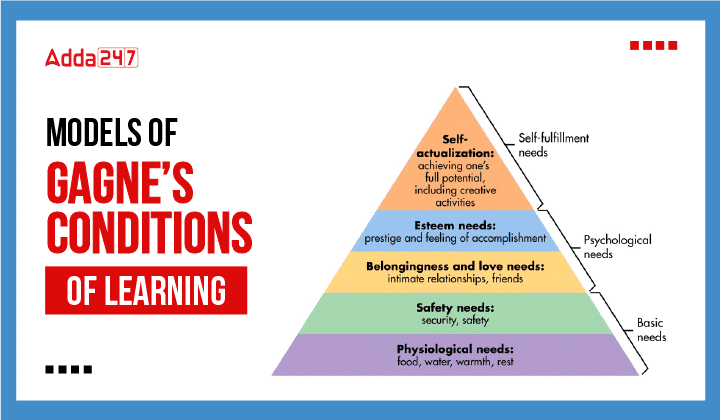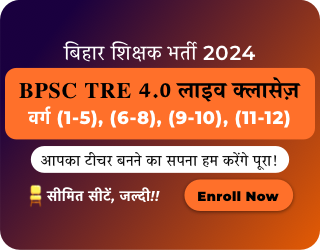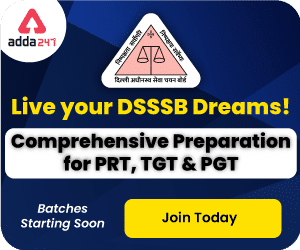Robert M. Gagné was a prominent educational psychologist known for his work on the Conditions of Learning. He developed a model that outlines the various conditions necessary for effective learning to take place. In the context of child pedagogy, Gagné’s model offers valuable insights into how educators can structure their teaching methods to optimize children’s learning experiences. Gagné identified different types of learning outcomes and suggested corresponding instructional events or strategies for each. Here are the five key models within Gagné’s Conditions of Learning, adapted for child pedagogy:
Models of Gagne’s Conditions of Learning
According to Robert Gagne: “Teaching means arranging conditions of learning that are external to the learner. These conditions need to be constructed in a stage – by – stage, taking the account at each of the first acquired capabilities of the learner, the requirements for retention for these capabilities”. Gagne has explained the following eight conditions of Learning :
- Signal Learning
- Stimulus – Response Learning
- Chain Learning
- Verbal Association
- Discrimination Learning
- Concept Learning
- Principle Learning
- Problem – Solving Learning
- Signal Learning – It is based on Pavlovian conditioning. Here two stimuli are presented in a sequence in which one is called natural stimulus and other is called unnatural stimulus. Gradually the natural stimulus is substituted or added with unnatural stimulus in such manner that it gives the natural response.
- Stimulus – Response (SR) Learning – It is based on skinnerian operant conditioning. Here the response works as an reinforcement. During teaching, the teacher creates such environment, so that the students give their responses and confirm it. In Programmed learning these similar conditions have been created.
- Chain Learning – In this learning S-R learning is the precondition. According to Gilbert when we produce stimulus and response in a continuous sequence, the chain learning is going to occur.
- Verbal Association Learning – In this learning verbal response sequence has been arranged in an order. It works as a clue for comparatively more difficult or higher order of learning. In this manner when child is interested to learn any verbal unit it is essential for him to learn its previous unit. It is widely applicable in Language teaching in schools.
- Discriminating Learning – It requires verbal and non-verbal chain learning as its precondition. Because it rests upon the assumption to find out the discrimination between two chains of learning it gives emphasis on understanding level.
- Concept Learning – It is the next stage of discriminating learning. The teacher gives exclusive emphasis on the concept learning. Through concept learning the child can automatically learn the discrimination among the different kinds of living and non-living objects. Generally the teacher gives the instruction at understanding level in order to develop the concept formation in small children.
- Principle Learning – The principle learning occurs due to the result of chaining of two or more than two concepts at a time. The teacher makes effort to control the student’s behaviour in such a manner that he may inculcate the principle underlying these concepts. It denotes the higher level of analytical learning therefore its teaching must be given at students reflective level.
- Problem-solving Learning – This phase (type) of learning occurs only after the mastery over the phase of principle learning. The students focus their attention on their own originality along with the principle learning. It is the only way to arrive at problem-solving learning.


 UTET Admit Card 2024 Out, Direct Downloa...
UTET Admit Card 2024 Out, Direct Downloa...
 Assam DELED Counselling Process 2024, Ch...
Assam DELED Counselling Process 2024, Ch...
 UTET Cut Off Marks 2024, Category Wise C...
UTET Cut Off Marks 2024, Category Wise C...














